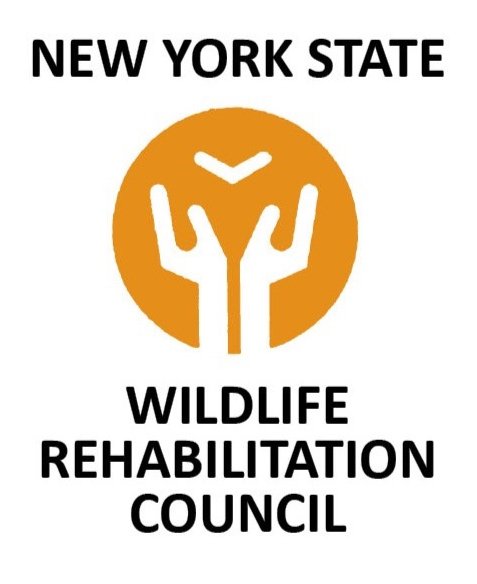
Necropsy Program
Cornell Wildlife Health Lab has authorized Gordon Wildlife to act as the submitting veterinarian on behalf of all NY rehabilitators requesting wildlife necropsies of any species
The Importance of Necropsy
Unexplained death is an unfortunate component of wildlife rehabilitation work. When an animal dies, a necropsy is sometimes the only way to achieve a definitive diagnosis.
It is important for rehabilitators to learn as much as possible from the deaths of animals in their care for several reasons:
Saving other animals. There may be other animals left behind who are sick or still incubating illness who could be treated and saved once a diagnosis is made.
Education & improved practices. With a diagnosis, a rehabilitator might see important patterns in hindsight that can help them to identify warning signs in future animals. Experience will also illuminate the effectiveness of quarantine protocols and any changes that may be needed.
Cleanup & disinfection. Rehabilitators work in small spaces and reuse them year after year. It is essential to be able to identify and properly eradicate contagious and hazardous pathogens before introducing new animals to avoid perpetuating illnesses.
Wildlife research & disease surveillance. Rehabilitators play an important surveillance role at the forefront of work used to identify new diseases. Necropsy contributes to the body of scientific knowledge, particularly regionally.
Currently, at the Animal Health Diagnostic Center at the College of Veterinary Medicine at Cornell University, only a veterinarian may submit a specimen for necropsy.
Gordon Wildlife’s in-house veterinary team has pioneered a program in collaboration with The New York State Cooperative Wildlife Health Program to allow us to act as the referring body on behalf of wildlife rehabilitators around the state who are in need of necropsy services.
All species are eligible.
Contact us to discuss your case.
If you would like to submit an animal for necropsy:
Triple bag and freeze or refrigerate the sample (always wear gloves and disinfect properly)
Contact Sarah Bookbinder at sarahbookbinder72@gmail.com or (315) 825-8277 to discuss the animal’s history. She will discuss the specifics of the case with Cornell Wildlife Health lab and provide submission paperwork and instructions on how to package and ship your specimen. Guidelines may be found here: https://www.vet.cornell.edu/animal-health-diagnostic-center/testing/frequently-asked-questions
Shipping details may be found here: https://www.vet.cornell.edu/animal-health-diagnostic-center/testing/shipping/necropsy-specimen
The cost of necrospies normally range between $80 and $500, depending on the size of the animal and what testing is desired. A list of the current pricing can be found here:
https://www.vet.cornell.edu/animal-health-diagnostic-center/laboratories/anatomic-pathology/services
The New York State Wildlife Rehabilitation Council (NYSWRC) has set aside some funding to help rehabilitators with the costs associated with necropsy. Email NYSWRC Board Member Sarah Bookbinder at sarahbookbinder72@gmail.com to learn more about this sponsorship opportunity.
NOTE: If there has been any human exposure (i.e. if a person was bitten or scratched) to a mammal exhibiting neurologic symptoms, including raccoons, skunks, or bats, the animal must be euthanized without disturbing the brain tissue. Triple bag and freeze or refrigerate the carcass and contact your local health department immediately to determine if submission for rabies testing is indicated. Rabies testing and all submission and transport is provided for free through your department of health and NOT through our program.
If you are in doubt about what to do, contact your local health department immediately for guidance. They will also help determine if rabies post-exposure vaccination is warranted.
Act quickly! Timely intervention is key to avoiding illness and death. Contact phone numbers for the various county health departments can be found here: https://www.nysacho.org/directory/




